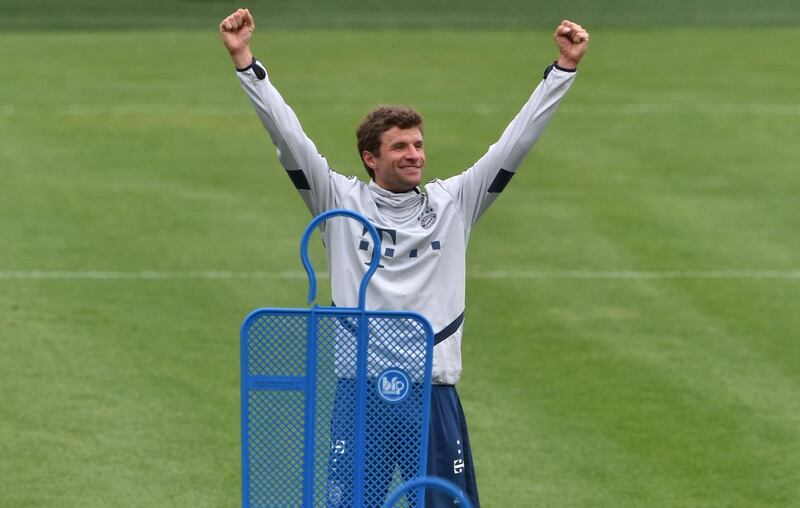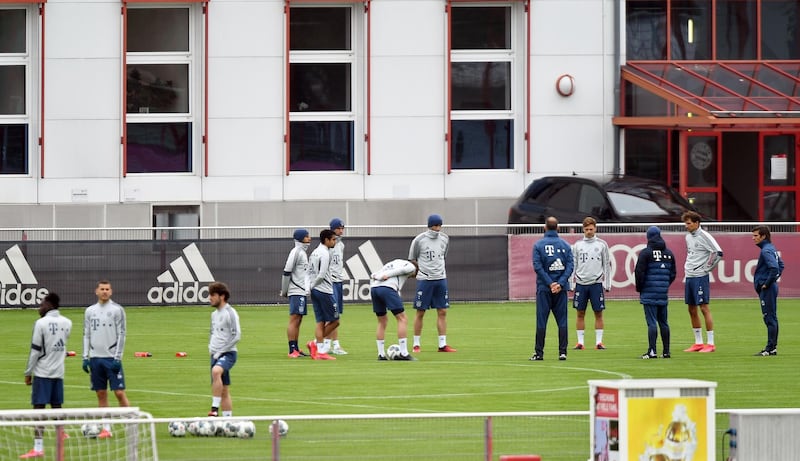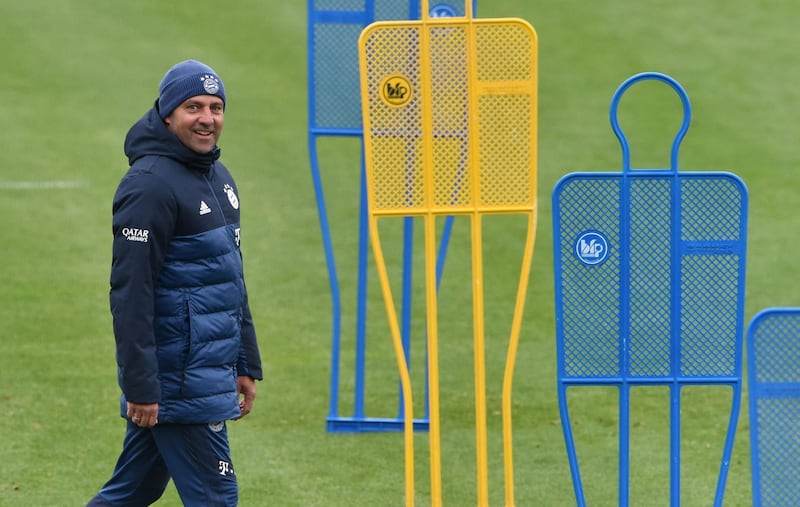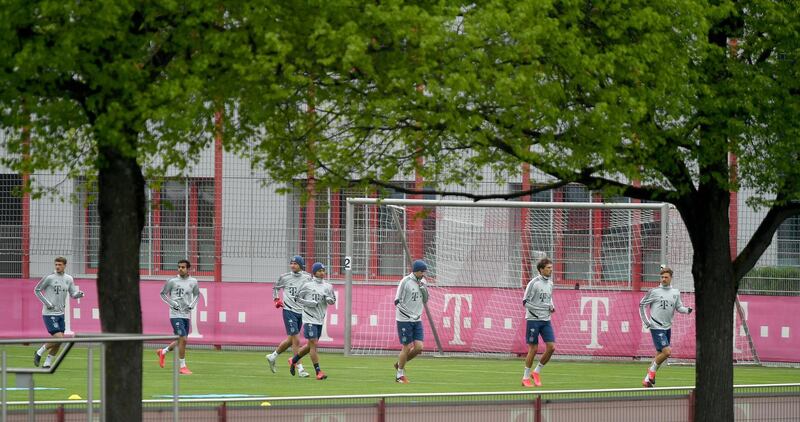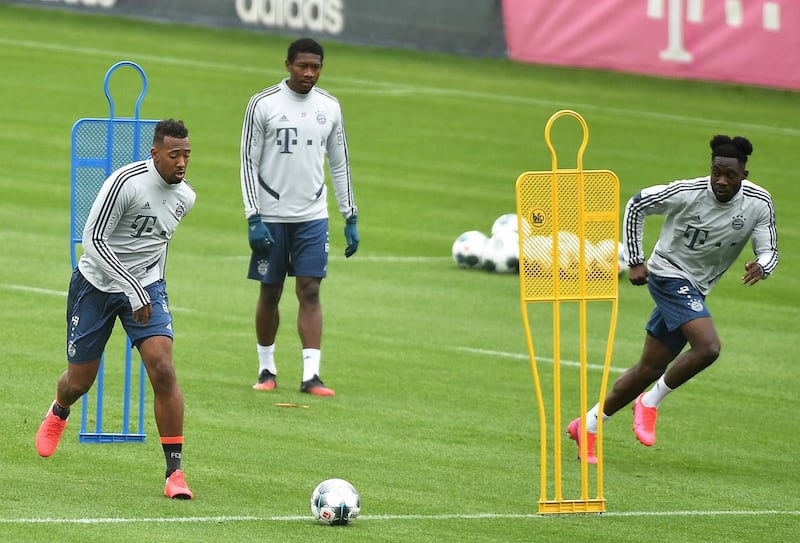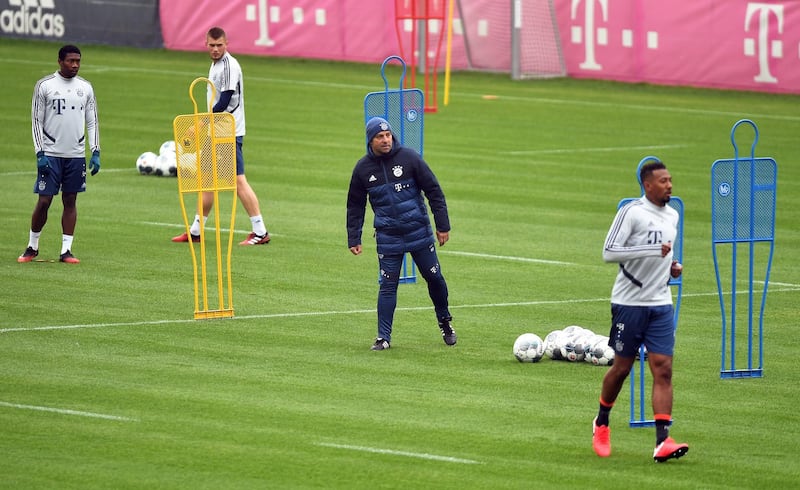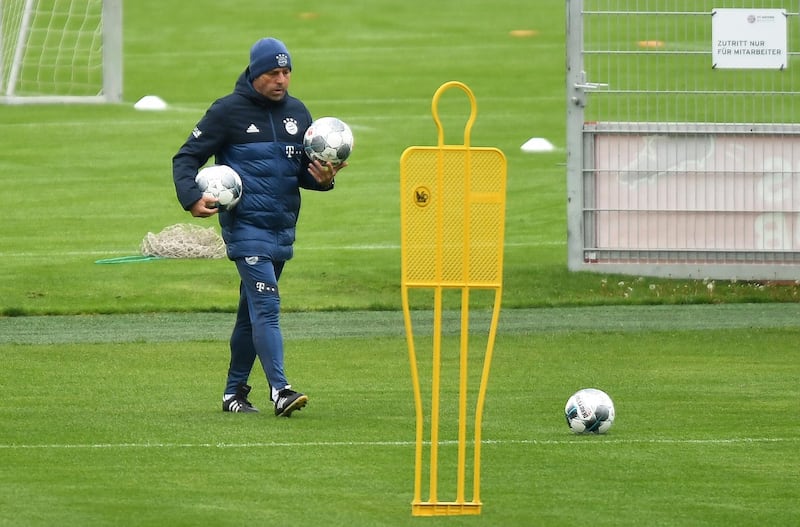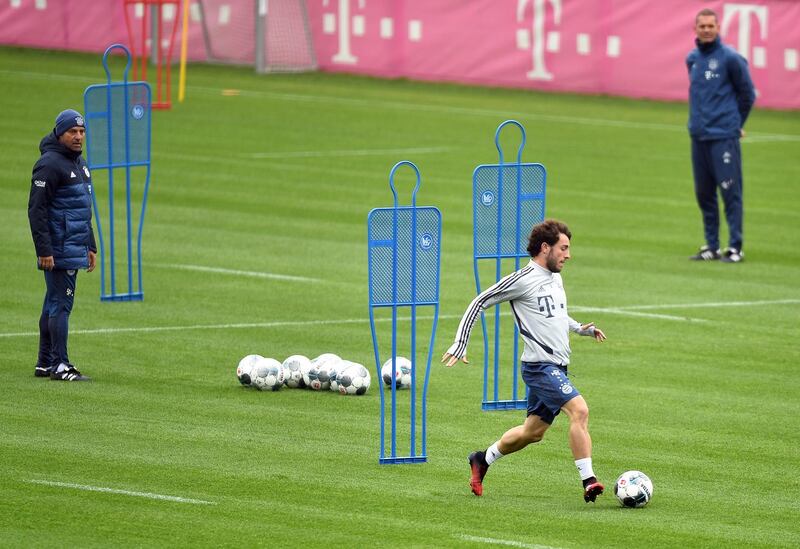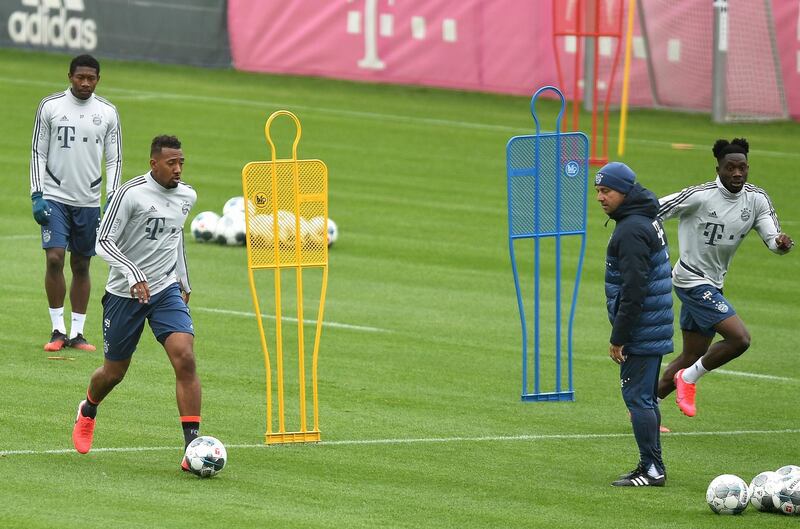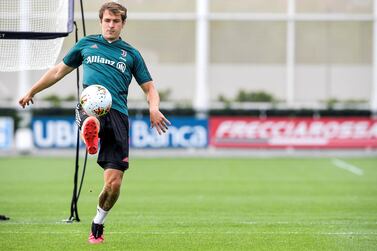Elite European football will return to stadiums this month after the German government Wednesday gave a green light to the Bundesliga to resume. The decision will be taken as a signal to all sports that, even with health and safety still paramount in the battle against coronavirus, major events can return to the calendar.
There are strict conditions. The 36 clubs who make up the top two divisions of German professional football will play in front of empty grandstands, with supporters barred from entering. Players, coaches and support staff will observe a form of isolation, ahead of and during the six weeks now allocated to complete the outstanding fixtures in the 2019/20 season in order to guard against spreading infection.
An exact date for the restart has yet to be set, but it is likely to be within the next 15 days, and the country’s football authorities have the firm backing of the state. “The decision on the Bundesliga was unanimous,” the mayor of Hamburg, Peter Tschentscher, flanking Germany’s Chancellor Angela Merkel, announced after a meeting of regional leaders with Merkel had approved various measures to ease the country’s Covid-19 lockdown.
German clubs, concerned about the financial implications of an extended closedown of the country’s most popular sport, welcomed the announcement and will now discuss with the German league, the DFL, whether to resume matches on the weekend beginning May 15, or on May 22. Nine matchdays remain on a fixture list that was suspended in mid-March and the aim is to complete the season by the end of June, thus avoiding complications with player contracts, many of which expire on June 30.
Crucial to government approval for a restart were guidelines drawn up by a special medical task force. Their advice to clubs is that, provided they maintain an effective shield around the players, coaches and technical staff, the risk of increasing national infection rates is very low.
Clubs will effectively quarantine their squads, who have been training in small groups, between now and the end of the season. "The lead-up to the restart must involve a degree of quarantining, like a training camp," the task force recommends.
The DFL's proposal for a May restart was also supported with the results of the latest round of extensive testing of players and staff at all first and second division clubs. There were 10 positive Covid-19 tests from a total of over 1,700 tests - the 10 are believed to be asymptomatic - and while those who tested positive have been isolated from their colleagues, the guidelines recommended no need to isolate all the players or staff that infected individuals may have been working with.
Last week, Merkel's government delayed a decision on a Bundesliga restart, and Wednesday's breakthrough had been cast into some doubt at the weekend when a Cologne player, Birger Verstraete, publicly expressed his concerns that three Cologne employees had tested positive and by video footage of the Hertha Berlin striker Salomon Kalou failing to observe physical distancing rules. Verstraete later softened his criticisms while Kalou, suspended by Hertha, apologised.
“It is important all players take a disciplined attitude to the new responsibilities,” said Karl-Heinz Rummeningge, the executive president of Bayern Munich, as he welcomed the restart.
_________________
[ World Cup hero to free transfer zero: the rise and fall of Mario Gotze ]

_________________
Outside Germany, the decision will also be welcomed. Major leagues like the English Premier League, Spain's La Liga and Italy's Serie A will study the conditions under which it has been deemed safe for a Bundesliga restart, although they acknowledge it will be several weeks yet before they can follow. The public health emergency in those countries is far graver than in Germany, where the number of reported deaths from Covid-19 was below 7,000 as of Wednesday morning.
Britain, Italy and Spain, with populations far smaller than Germany's, have all reported over 25,000 fatalities. In France, where the disease has claimed more than 25,000 lives, the remainder of the domestic football season was cancelled last week after the French government banned all team sport until at least September.
The ambition for the football authorities in Spain and England is to have top-flight matches, behind-closed-doors, under way in June, while Uefa, who postponed this summer's European Championship so domestic seasons could be completed, hope to play out the remainder of the Champions League and Europa League in August.
Should the Bundesliga finish, as planned, by July, that would leave Bayern Munich, and RB Leipzig, the two German clubs still in the Champions League, with five or six weeks to prepare for their European challenge. By then, one of them may well be 2019/20 Bundesliga champions. When the league does resume, a gripping title-race is in prospect, with the top four - Bayern, Borussia Dortmund, Leipzig and Borussia Monchengladbach - separated by just six points.
